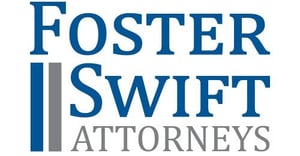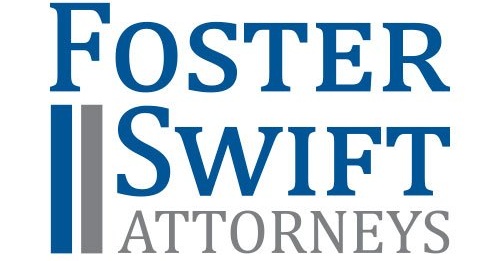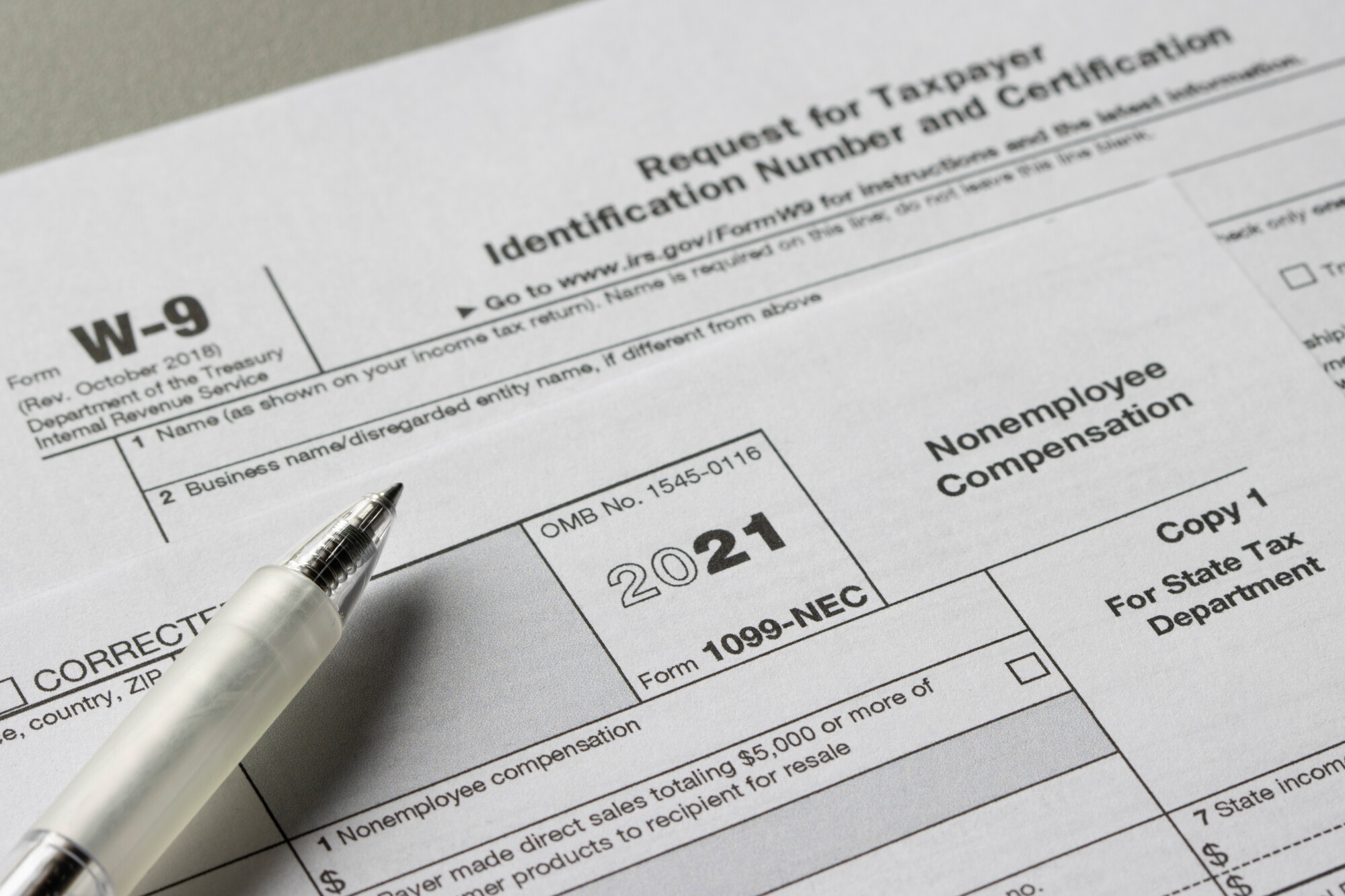
Chris Holman welcomes back Clifford {Cliff} Hammond Shareholder, Employment & Labor Lawyer, Foster Swift Collins & Smith, Southfield and Lansing Foster Swift, with a half dozen locations across Michigan.
Watch Cliff and Chris discuss the updated rules governing businesses and who they can classify as contractors for work, in the YouTube video shared below:
In their conversation, Chris looked to find out several things from Cliff;
What’s is the new rule about?
What are the industries and types of employers that may need to really take a close look at this?
What can happen if you misclassify someone under this rule?
Meanwhile Foster Swift also has a reference article on this topic from their Labor & Employment Law Team:
Independent Contractor Final Rule Could Have Major Impact on Select Industries
The much-anticipated independent contractor final rule issued earlier this month by the U.S. Department of Labor (DOL) will become effective March 11, 2024. Several years in the making, the new rule could result in a wholesale reexamination of worker classification practices, especially in industries where independent contractors are extensively utilized.
Construction, transportation/logistics, healthcare, consulting/business/IT services and the gig sector (e.g., Uber, Lyft, DoorDash, and Grubhub) are among the industries that are most likely to experience a significant impact due to the changed requirements of the updated rule.
The new rule utilizes a test like the ones many courts have used for years to determine whether workers should be classified and treated as independent contractors or employees under U.S. wage laws. The new version of the rule, however, is controversial because of the likelihood that it will result in the DOL recognizing fewer independent contractors and more employees.
The U.S. Chamber of Commerce and other business groups are expected to challenge the rule in the courts. Louisiana Sen. Bill Cassidy has said a resolution will be introduced to repeal the rule. If such a resolution were to make it through both the Senate and House, it’s likely that President Biden would veto the measure.
Independent Contractor Final Rule: The Details
The final version of the rule utilizes a review and analysis which assesses the “totality of circumstances” to establish whether a worker is an independent contractor or an employee.
The test analyzes six factors equally without assigning a predetermined weight to any particular or set of factors. The six factors are:
- Opportunity for Profit or Loss Depending on Managerial Skill – Whether the worker exercises managerial skill that affects their economic success or failure in performing the work.
- Investments by the Worker and Potential Employer – Whether the investments of a worker (capital or entrepreneurial) contribute to and support the maintenance and growth of the business.
- Degree of Permanence of the Work Relationship – Whether the nature of the work is steady, sporadic, or project-based with fixed beginning and ending dates.
- Nature and Degree of Control – Which party controls hiring, firing, scheduling, pricing, pay rates, supervision, and other economic and performance factors?
- Extent that Work Performed is an Integral Part of the Potential Employer’s Business – Whether the work performed is critical, necessary, or central to the potential employer’s principal line of business.
- The Worker’s Skill and Initiative – Whether a worker uses their own specialized skills together with business planning to support, grow, or improve the business.
Employers should note that the new rule doesn’t represent new law. Nor does it create any new legal obligations, but rather clarifies the DOL’s interpretation of the existing law.
In addition, the federal rule may not be fully applicable in those states which have their own laws or tests for classifying workers as employees or independent contractors, which include California, Illinois, Massachusetts, New Jersey, New York, and others.
While the DOL offers a useful FAQ on the New Independent Contractor Rule, including detailed information and examples regarding the six factors and related guidance on the classification of workers, employers are encouraged to consult legal counsel and/or local government agencies for current information on independent contractor rules as applied to specific states and occupations.
How Should Employers Respond to the Independent Contractor Rule?
In the period before the rule becomes effective, employers are advised to carefully assess and evaluate their current situation as it relates to worker classifications. Specific recommendations employers might consider include:
- Identify and Review Current Independent Contractor Relationships – Analyze each contractor relationship using the six-factor test to establish potential reclassification needs.
- Update Written Agreements – Ensure that all independent contractors are subject to updated, written agreements which reflect the worker’s true status and job responsibilities.
- Communicate Clearly – Inform contractors about the new rule and explain that there may be some modifications in responsibilities and working relationships. Train managers in the new rule. Encourage feedback, questions, and suggestions.
- Collaborate with Legal Counsel – As the rule illustrates, the classification of workers has become increasingly regulated and complex. Employers are strongly advised to consult an employment attorney with experience in worker classification issues.
- Stay Informed – Keep an eye on the legal and legislative challenges to the rule, which could delay its implementation or revise its language.
There’s no question that the independent contractor rule could have profound implications for employers who utilize a large volume of contractors. The impact for some employers may be far-reaching and require a considerable, sustained response.
And while it remains uncertain if the final rule will become effective in March 2024 or whether implementation will be delayed, many employers should anticipate that the rule will affect them and establish a plan of action to accommodate and comply with the revised regulations.
The attorneys of Foster Swift’s Employer Services Practice Group have deep expertise and experience with worker classification issues. If you have any questions on how the DOL’s new independent contractor rule may impact your workforce, please contact a member of our employment law team.
To help us ascertain as to what topics employers are most concerned about for 2024, our practice group is in the process of reviewing hot topics for a potential Spring Employment Law Update webinar. Before we start planning however, we want your input on making sure we deliver information that is the highest priority to you.
Please take a moment to fill out the following short survey: https://www.surveymonkey.com/r/GR72T7Y
Since 1902, Foster Swift Collins & Smith, PC has provided comprehensive legal services to businesses, municipalities and individuals. The firm employs 100+ attorneys and over 100 support staff in five locations: Lansing, Detroit, Southfield, Grand Rapids, and Holland. In 2023, Foster Swift achieved Midsize Mansfield Certified Plus designation which recognizes law firms for the inclusivity and transparency of their leadership processes for attorneys. For more information about the firm, its attorneys, and to access recent publications, visit www.fosterswift.com.
» Visit MBN website: www.michiganbusinessnetwork.com/
» Subscribe to MBN’s YouTube: www.youtube.com/channel/UCqNX…
» Like MBN: www.facebook.com/mibiznetwork
» Follow MBN: twitter.com/MIBizNetwork/
» MBN Instagram: www.instagram.com/mibiznetwork/
Images courtesy of Foster Swift
















